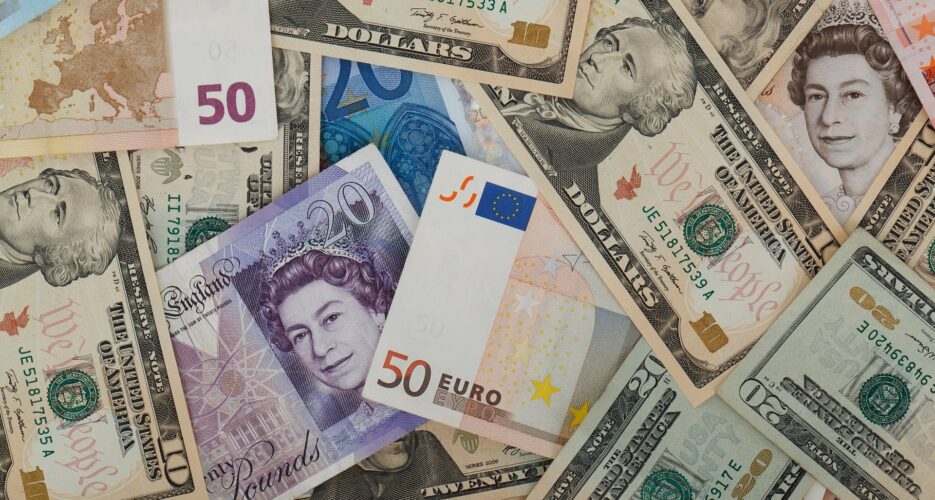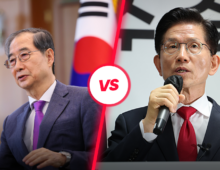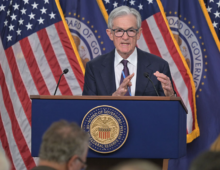South Korea was removed from the list of countries subject to the U.S.’ exchange rate monitoring for the first time in seven years, a biannual U.S. Treasury Department report revealed on Tuesday. South Korea has been on the list since April 2016. China, Germany, Malaysia, Singapore, Taiwan and Vietnam were included as “watchlist” countries, while the ROK and Switzerland were excluded.
Korea was removed from the list for not meeting two of the three criteria in the Trade Facilitation and Trade Enforcement Act of 2015, known as the 2015 Act. The U.S. Treasury Department evaluates the macroeconomic and exchange rate policies of its top trading partners. If these countries meet two out of three criteria, they are designated as “watchlist” countries. If all three are met, they are considered potential currency manipulators that require “enhanced analysis.” The criteria involve a bilateral trade surplus of a minimum of $15 billion or more with the U.S., a current account surplus surpassing 3% of a country's gross domestic product (GDP), and continuous one-sided foreign currency market intervention for a minimum of eight months, with net purchases amounting to at least 2% of a country's GDP within a year.
South Korea was removed from the list of countries subject to the U.S.’ exchange rate monitoring for the first time in seven years, a biannual U.S. Treasury Department report revealed on Tuesday. South Korea has been on the list since April 2016. China, Germany, Malaysia, Singapore, Taiwan and Vietnam were included as “watchlist” countries, while the ROK and Switzerland were excluded.
Korea was removed from the list for not meeting two of the three criteria in the Trade Facilitation and Trade Enforcement Act of 2015, known as the 2015 Act. The U.S. Treasury Department evaluates the macroeconomic and exchange rate policies of its top trading partners. If these countries meet two out of three criteria, they are designated as “watchlist” countries. If all three are met, they are considered potential currency manipulators that require “enhanced analysis.” The criteria involve a bilateral trade surplus of a minimum of $15 billion or more with the U.S., a current account surplus surpassing 3% of a country's gross domestic product (GDP), and continuous one-sided foreign currency market intervention for a minimum of eight months, with net purchases amounting to at least 2% of a country's GDP within a year.
Get your
KoreaPro
subscription today!
Unlock article access by becoming a KOREA PRO member today!
Unlock your access
to all our features.
Standard Annual plan includes:
-
Receive full archive access, full suite of newsletter products
-
Month in Review via email and the KOREA PRO website
-
Exclusive invites and priority access to member events
-
One year of access to NK News and NK News podcast
There are three plans available:
Lite, Standard and
Premium.
Explore which would be
the best one for you.
Explore membership options
© Korea Risk Group. All rights reserved.
No part of this content may be reproduced, distributed, or used for
commercial purposes without prior written permission from Korea Risk
Group.












